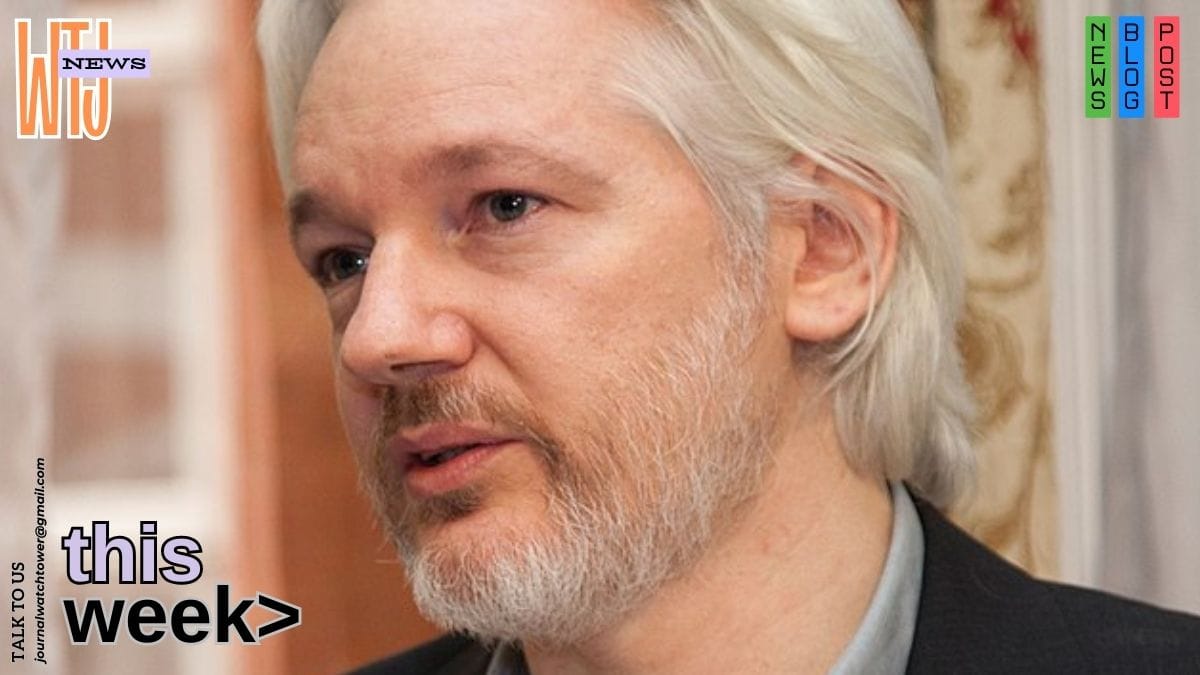Here’s an in-depth look at some of the key education-related developments and challenges currently taking place in India:
- National Education Policy (NEP) 2020 Implementation:The National Education Policy (NEP) 2020, a comprehensive overhaul of the Indian education system, is being rolled out across various states in India. The NEP aims to make education more holistic, accessible, and flexible. Among its key features is the introduction of a new 5+3+3+4 curriculum structure, which aims to improve foundational literacy and numeracy and provide a multidisciplinary approach to higher education. A significant change is the emphasis on learning in regional languages, which is expected to promote inclusivity and equity, especially for students in rural and marginalized communities. States like Karnataka and Madhya Pradesh are moving forward with the policy by implementing changes like the introduction of a four-year Bachelor of Education (B.Ed.) program, which will become the minimum teaching qualification by 2030.
- Foreign Universities in India:As part of the NEP’s focus on expanding higher education opportunities, India is opening its doors to top foreign universities. The University of Southampton is one of the first institutions to announce plans to set up a campus in Delhi by 2025. The campus will offer a range of undergraduate and postgraduate programs to cater to India’s growing middle class, which has a rising demand for global education. This move could potentially boost the quality of education in India, offering students access to world-class curriculums without having to leave the country.
- Colonial Legacy and Attire in Education:In a significant cultural shift, the Indian government has decided to ban the use of traditional British academic attire, such as mortarboards and black gowns, at graduation ceremonies in medical colleges. This move is part of an effort to move away from colonial-era traditions and embrace Indian cultural practices. This is a symbolic step towards fostering national pride and encouraging a more localized approach to education. It aligns with the broader vision of the NEP, which seeks to promote Indian identity while modernizing the education system.
- Challenges in School Meal Programs:India’s school meal programs, which provide free meals to millions of children in government schools, are facing significant challenges due to the country’s high food inflation. The cost of food staples has surged, leading to reduced nutritional value in the meals. This has impacted the health and well-being of children, especially those from low-income families who rely heavily on these meals. The government has been under pressure to find ways to mitigate the effects of inflation on school meal budgets to ensure children receive adequate nutrition.
- Cheating and Pressure from the Coaching Industry:The pressure on students to succeed in competitive exams like the IIT-JEE, NEET, and UPSC has given rise to a thriving but problematic coaching industry. In addition to the stress caused by these intense exams, a series of cheating scandals in India have highlighted the dark side of the education system. Organized cheating syndicates, or “cheating mafias,” have been caught orchestrating large-scale fraud during entrance exams, leading to a growing concern about the integrity of India’s educational system. At the same time, the coaching industry, which prepares students for these exams, has been criticized for exacerbating mental health issues due to the high levels of stress and competition it generates.
These trends reflect both the opportunities and challenges in India’s education sector. While efforts like the NEP and the entrance of foreign universities promise to improve educational access and quality, issues like the colonial legacy, inflation, and the increasing pressure on students remain significant hurdles. The key to India’s educational future will lie in balancing modernization with inclusivity and addressing the systemic issues that affect the most vulnerable sections of society.




